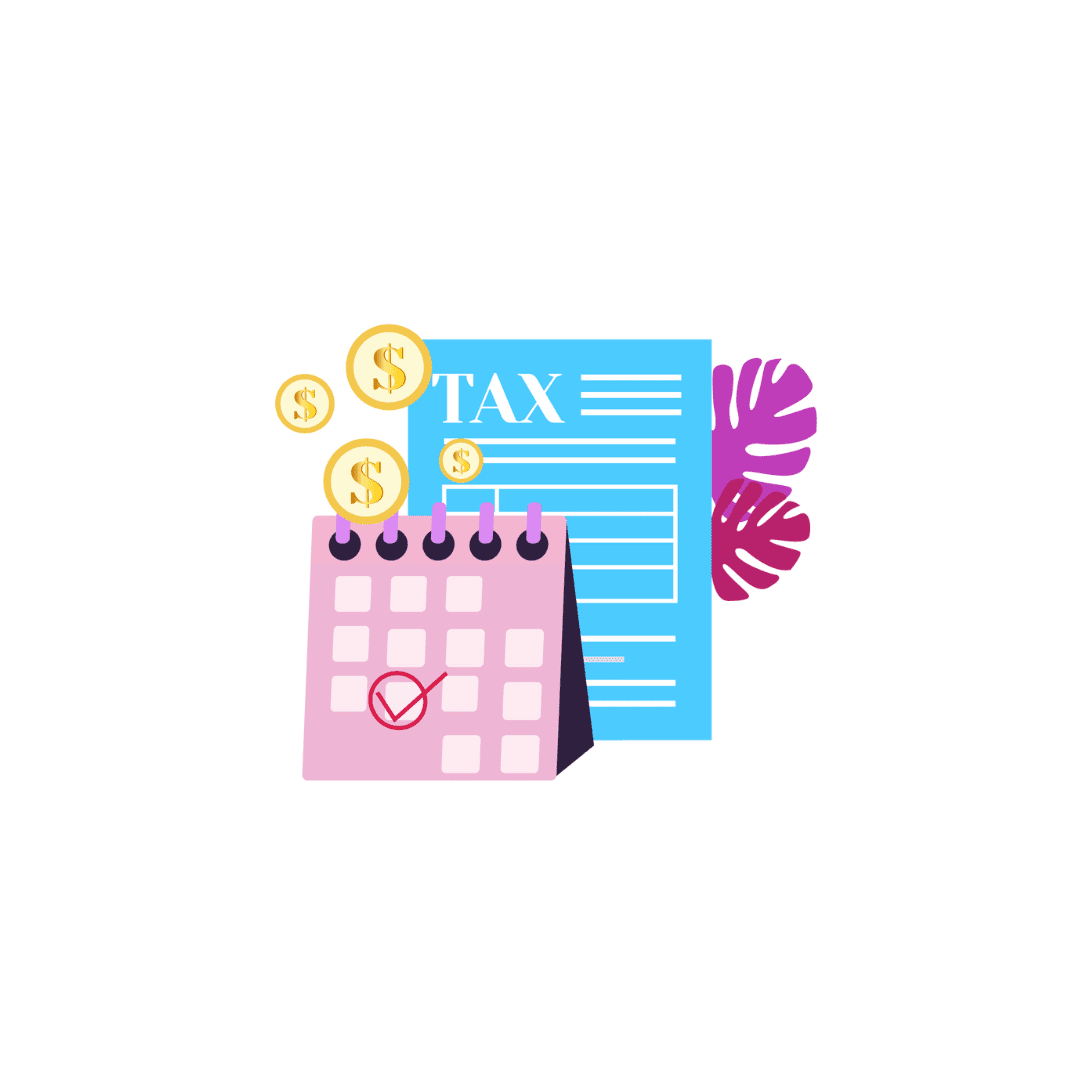Small Business Owner – Pay Yourself Guide
April 11, 2023
Introduction
The ability to choose your wage is a dream come true. However, as a small business owner, you are likely aware that the truth is a little more nuanced.
While the prospect of writing your paycheck is exciting, it comes with a lot of responsibility and involves calculated risks. Simply because there is no universal answer to how much a company owner should be paid. So are you wondering: How to pay yourself as a business owner?
Well, many variables influence how much you should pay yourself as a company owner. Most crucially, it is determined by the sort of company structure you have.
When it comes to how much you should take from your small company, there are two schools of thought:
Some experts say you should only accept what you need to live, while others believe your income should be based on market worth.
Here’s a complete pay yourself guide for small business owners.
Choosing Who Will Be on Your Payroll
First and foremost, before we get into how to run the payroll on our own, let’s go through who you need to handle payroll for.
As an employer, you may recruit both employees and contractors; for example, you may hire full-time and part-time employees for consistent, long-term employment—and bring in independent contractors for more project-based work.
As an employer, you must include all workers on your payroll, whether full-time or part-time, exempt or nonexempt. All applicable local, state, and federal income and payroll taxes must be withheld from your workers’ paychecks.
Independent contractors are personally liable for their taxes. So, if you hire contractors, you don’t need to run payroll or deduct anything from their checks; instead, you’d give them a check for their full hourly or project rate, and they’d handle determining how much tax they owe and sending it to the appropriate authorities.
Some firms attempt to avoid paying payroll taxes by misclassifying workers as independent contractors—but this may result in major concerns such as fines, penalties, and even prison time.
As a result, it’s critical to grasp the distinctions between employees and independent contractors, correctly categorize your team, and ensure that any individuals under the “employee” umbrella get paid.
Methods of Paying Yourself
Paying yourself comes with many choices. However, they depend on your company and personal demands and your present circumstances (i.e., whether you are the head of the household). Small business owners may pay themselves salaries and bonuses via dividends, shareholder loans, or a combination.
1. Dividends
Dividends are paid from a company’s earnings. Profit distributions are computed depending on each shareholder’s stake in the firm. The company requires you to open a concern account to distribute a dividend.
2. Loan to Shareholders
A shareholder loan is any money you have given to the firm. It also symbolizes cash that you have removed tax-free from the business.
As an example, suppose an owner withdraws funds from their company. These withdrawals are tax-free because of the previously mentioned donations made with “after-tax” dollars or pounds.
If the withdrawal was never designated as a salary or dividend, the company immediately generates a debt to the shareholder.
3. Single-Person Businesses
Most small businesses are sole proprietorships, unincorporated enterprises held by a single individual. The proprietorship often files taxes as part of the owner’s taxes, which means that the company earnings contribute towards the owner’s income. A draw is used to make payments for this company structure.
4. Partnerships
Partners in a partnership, like sole owners, are taxed on the real earnings of the firm. These gains are then divided by the partnership agreement. This company structure’s payments are made via a guaranteed payment.
5. S Corporations
The partners in a partnership or the owner in an LLC may vote on whether the company is taxed as an S corporation (more commonly known as S corp). If this is the case, an S corporation may pass the tax responsibility on to its partners or members depending on their ownership share. The company will, after that, have no tax burden.
S corp shareholders in this company structure are paid in two ways: a regular salary (reflected in payroll expenditures on the Profit and Loss Statement) and dividends (which appear on the balance sheet).
S corp stockholders are often workers of the company. Salaries are used to pay for these corporate entities.
Subtraction of Business Expenses from Sales
Before considering how much you should pay yourself as a small business owner, be sure your company is still in operation. Making sure that your operational expenditures (including tax estimations) are paid first will provide a clear picture of your company’s financial health.
A considerable portion of your fixed costs will be predictable (rent, website, salaries, etc.). While deducting this from your gross income is vital, you must also consider variable expenses before withdrawing money for yourself.
Make certain that the money your organization earns is properly accounted for. Your pay should be commensurate with the flexibility of your time commitment.
In other words, don’t lower your pay because you believe your hourly earnings are higher than those of your number two employee. Finally, this is your business, and the amount of time you devote to it will differ. It may be 40 one week and 65 the next.
Bottom Line
Following some of the procedures outlined above can assist you in paying yourself the required wage while keeping the firm going! Remember that your compensation will rise in tandem with your company’s growth. So, it’s completely OK to accept a wage decrease at first.
If you still have questions, you should talk to professionals like GJM & CO. Our accountants and other professionals will help you understand the tax policies, finances, and tax filings better by walking you through them.
Should you have any queries or need consultation, Schedule a Call today or write to us at info@gjmco.in.